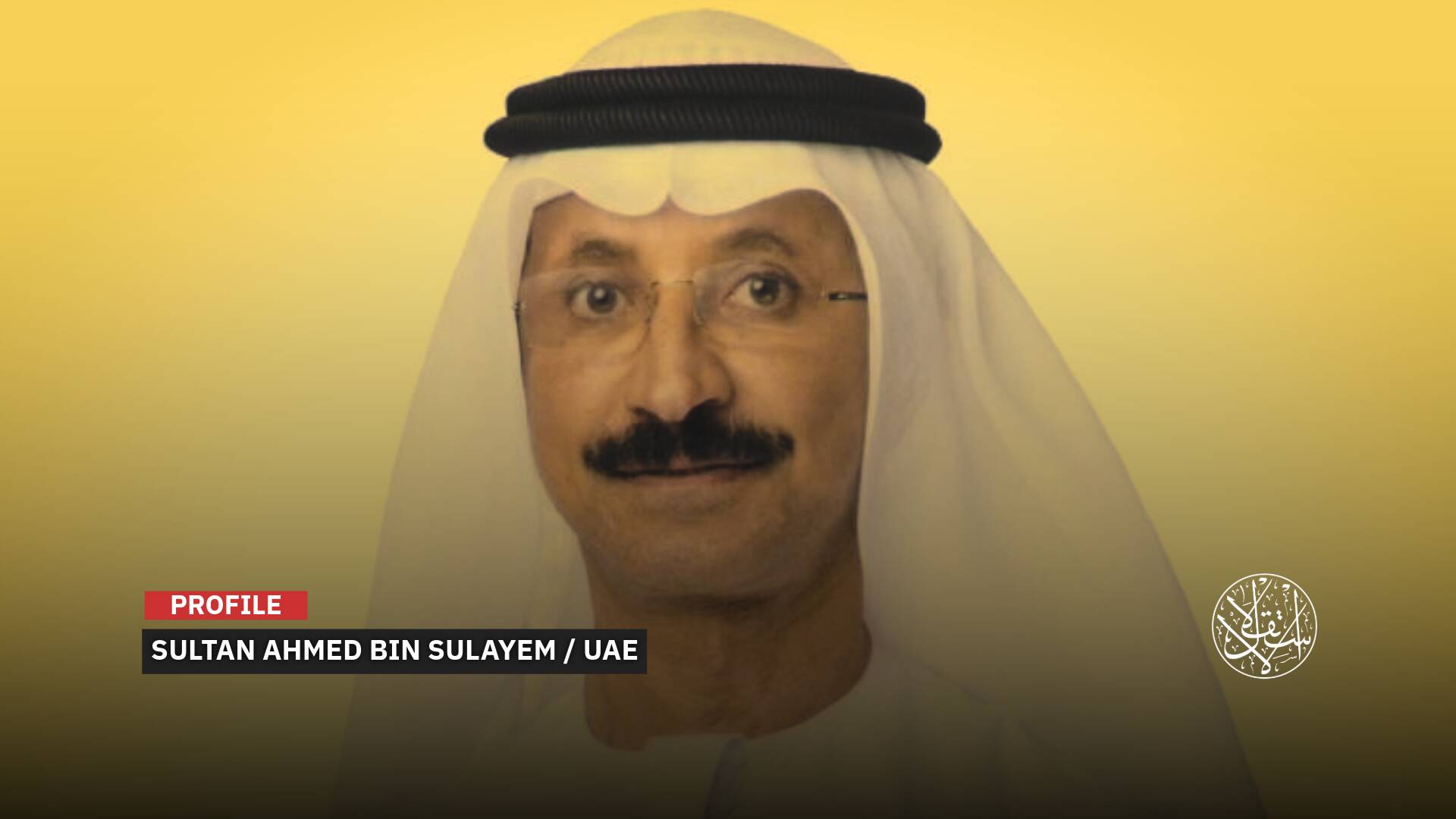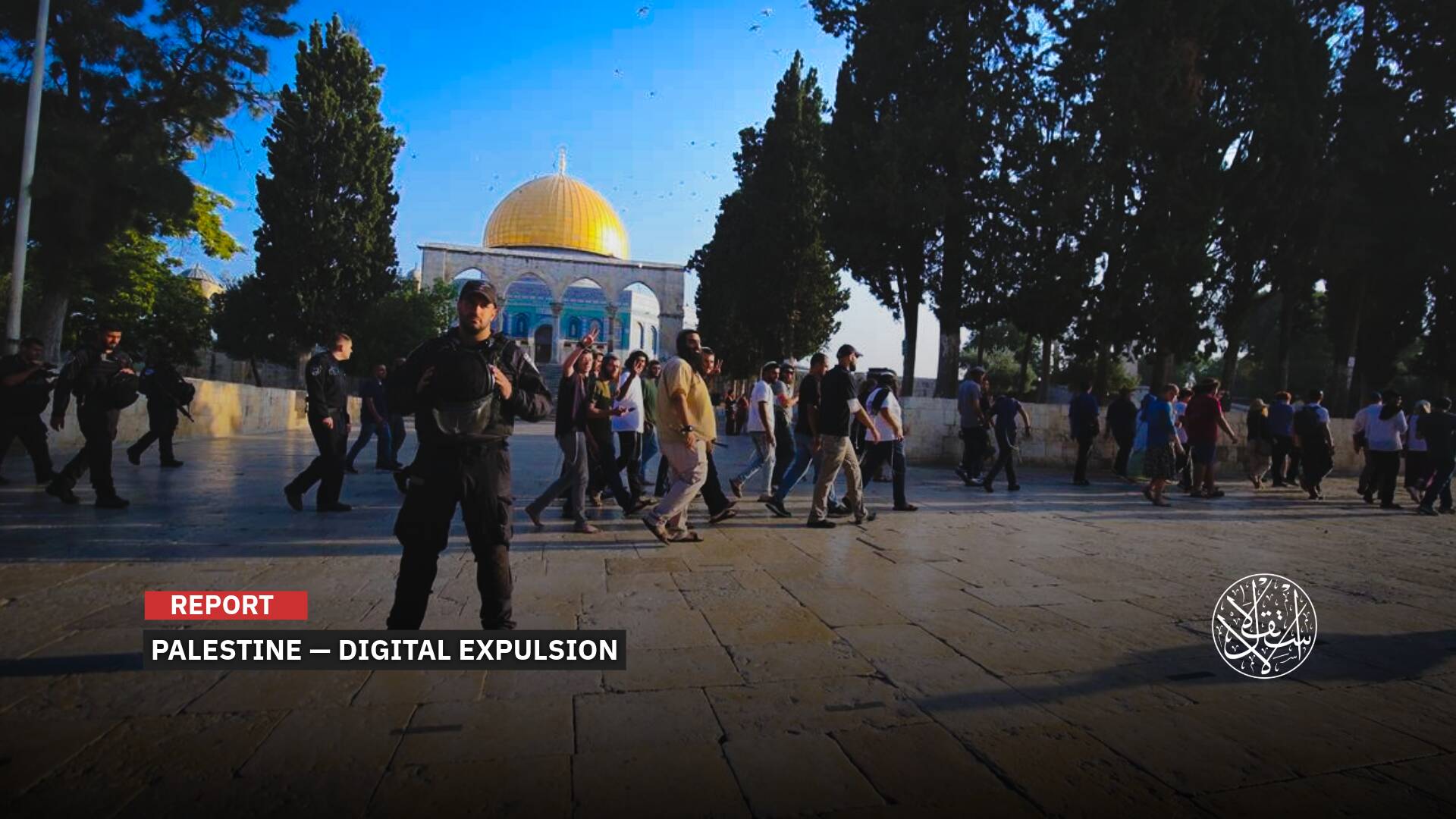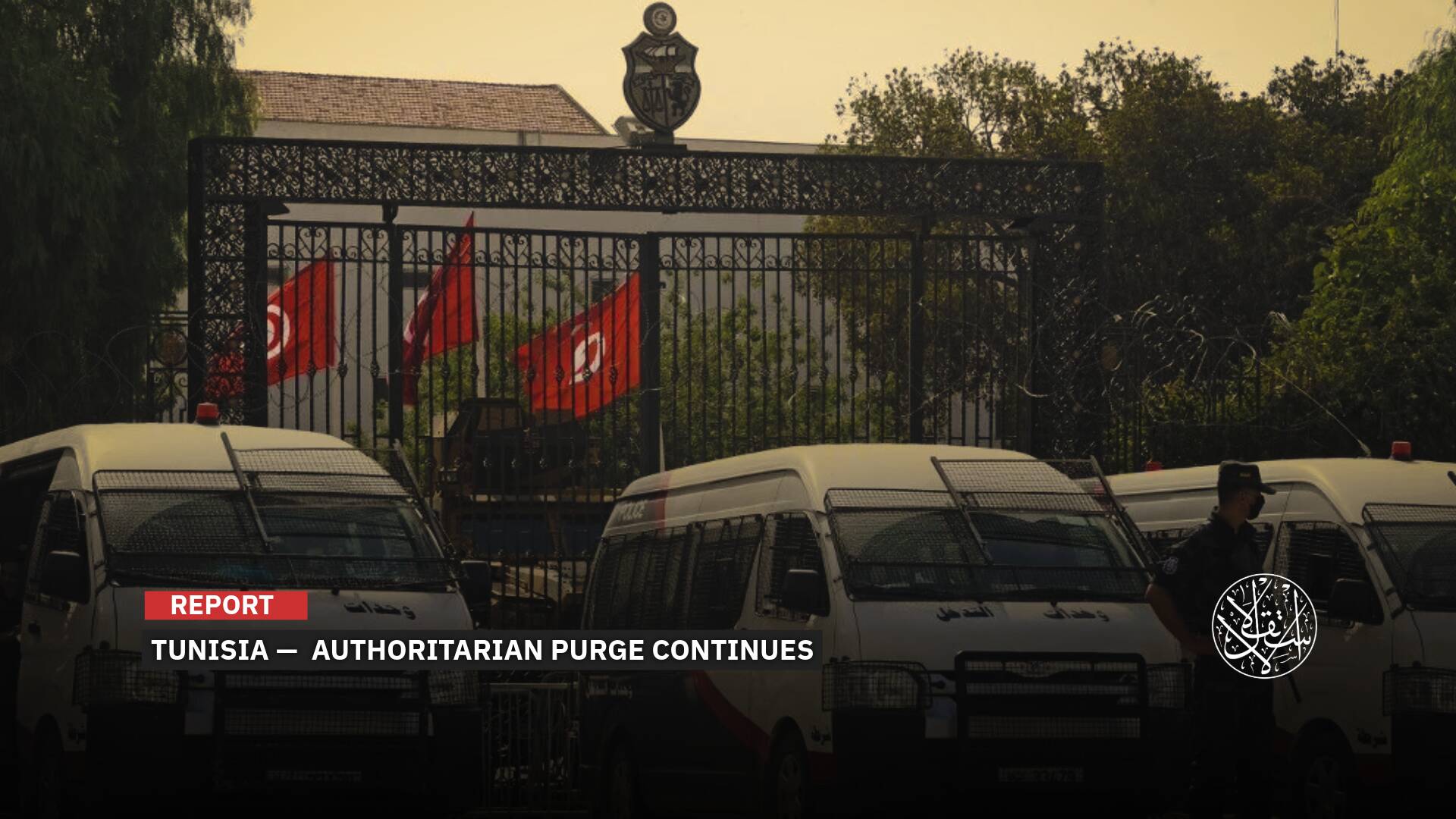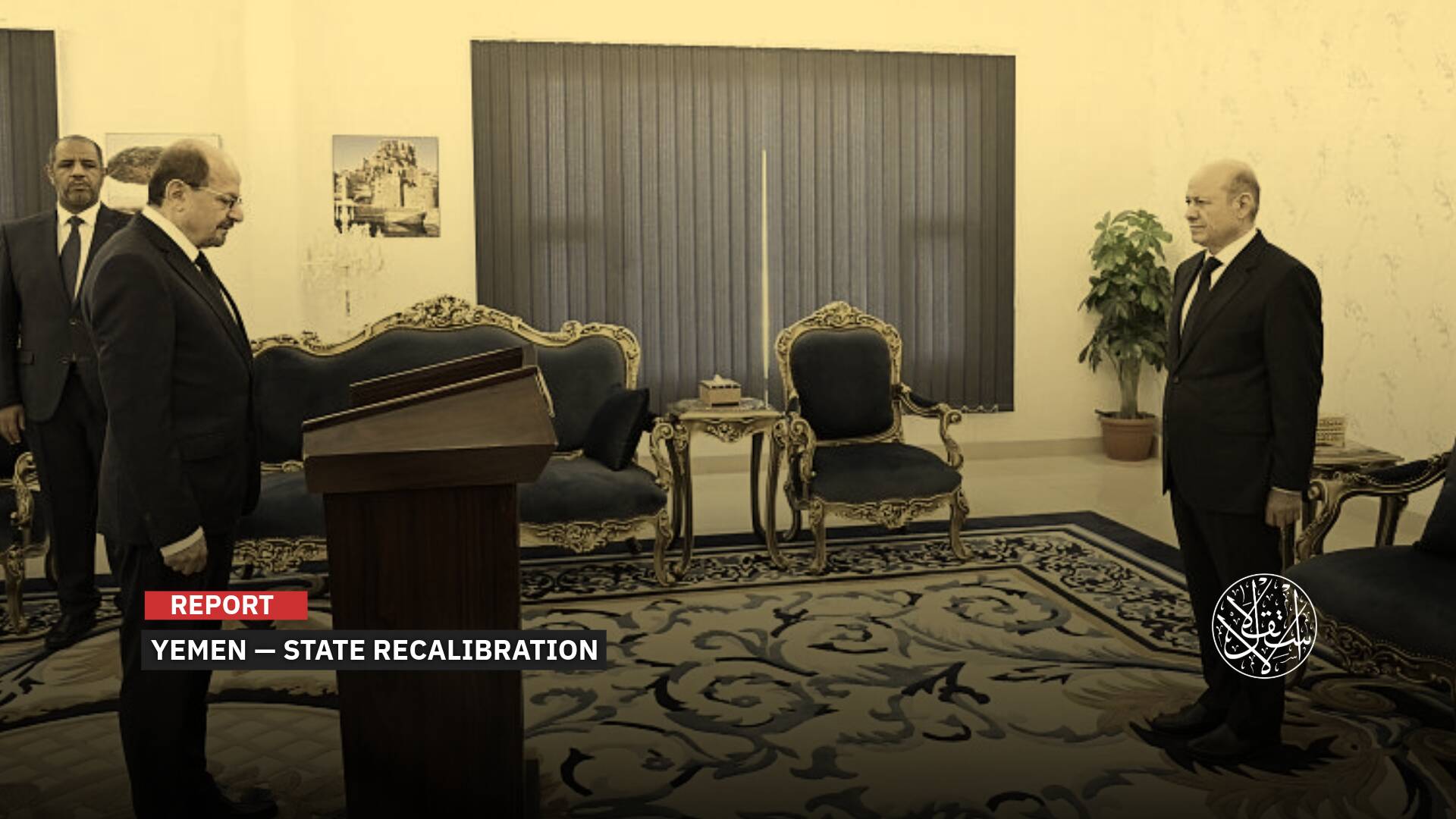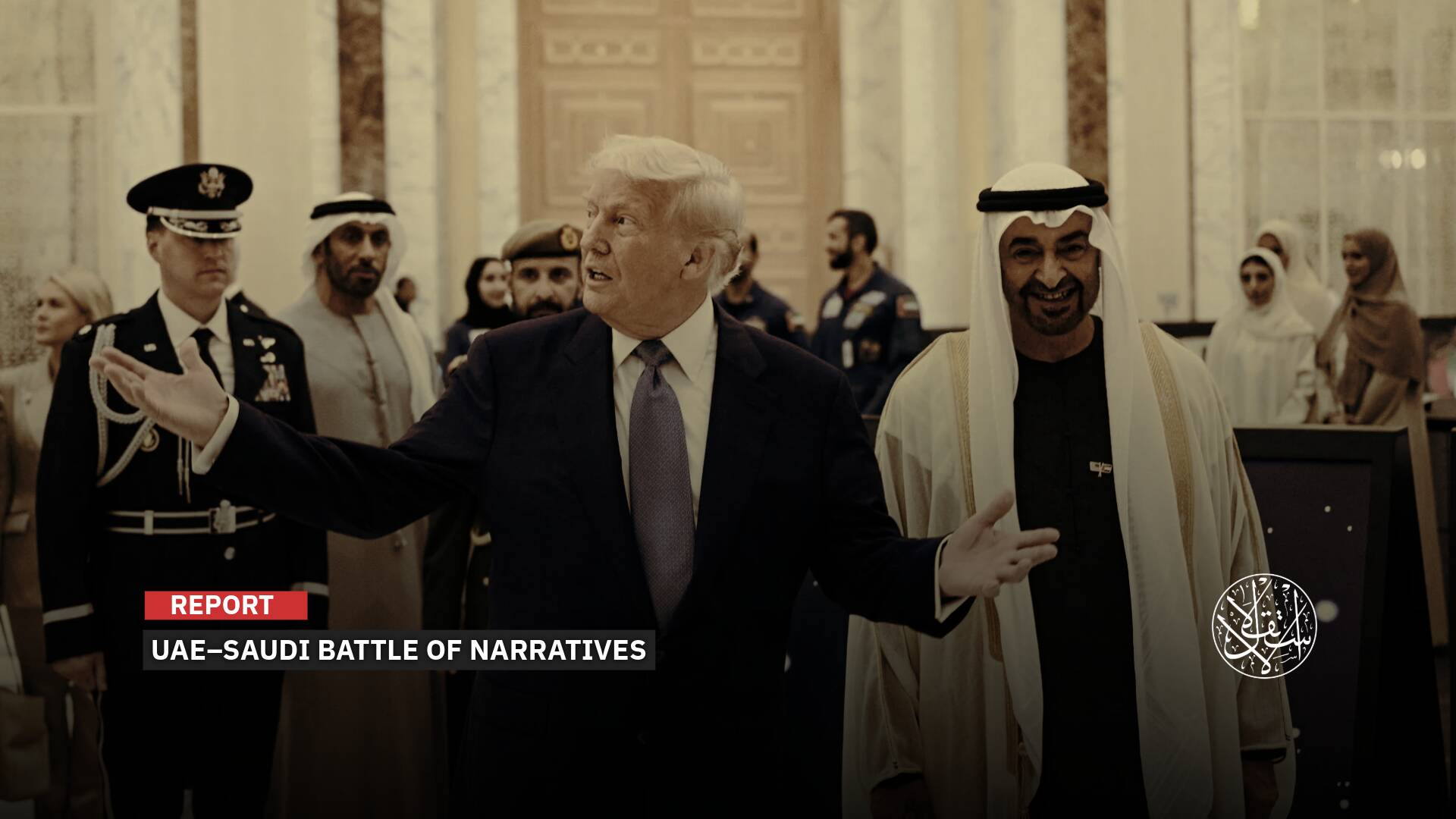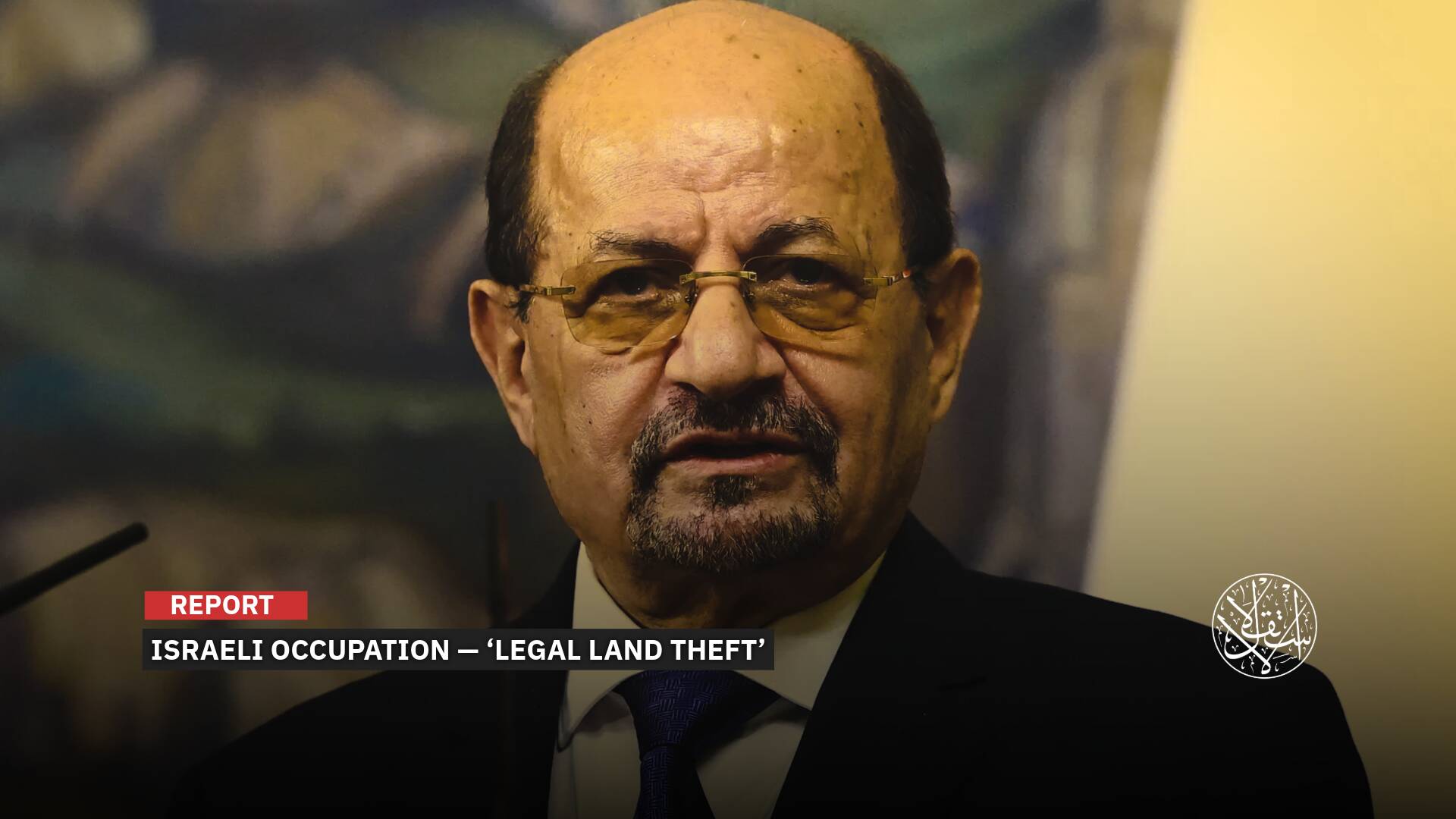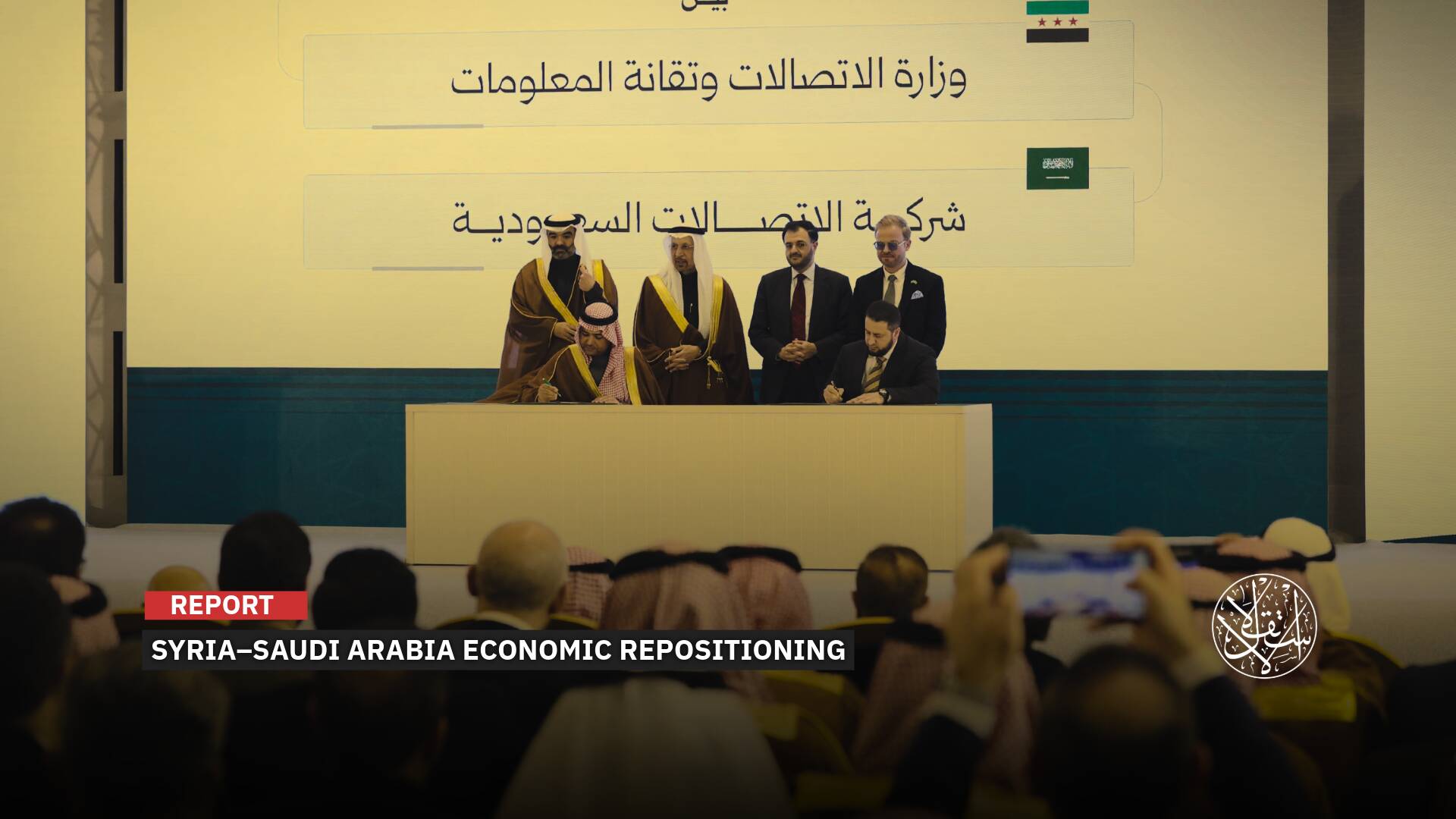Ending Two Decades of Socialist Rule: How the Right Returned to Power in Bolivia
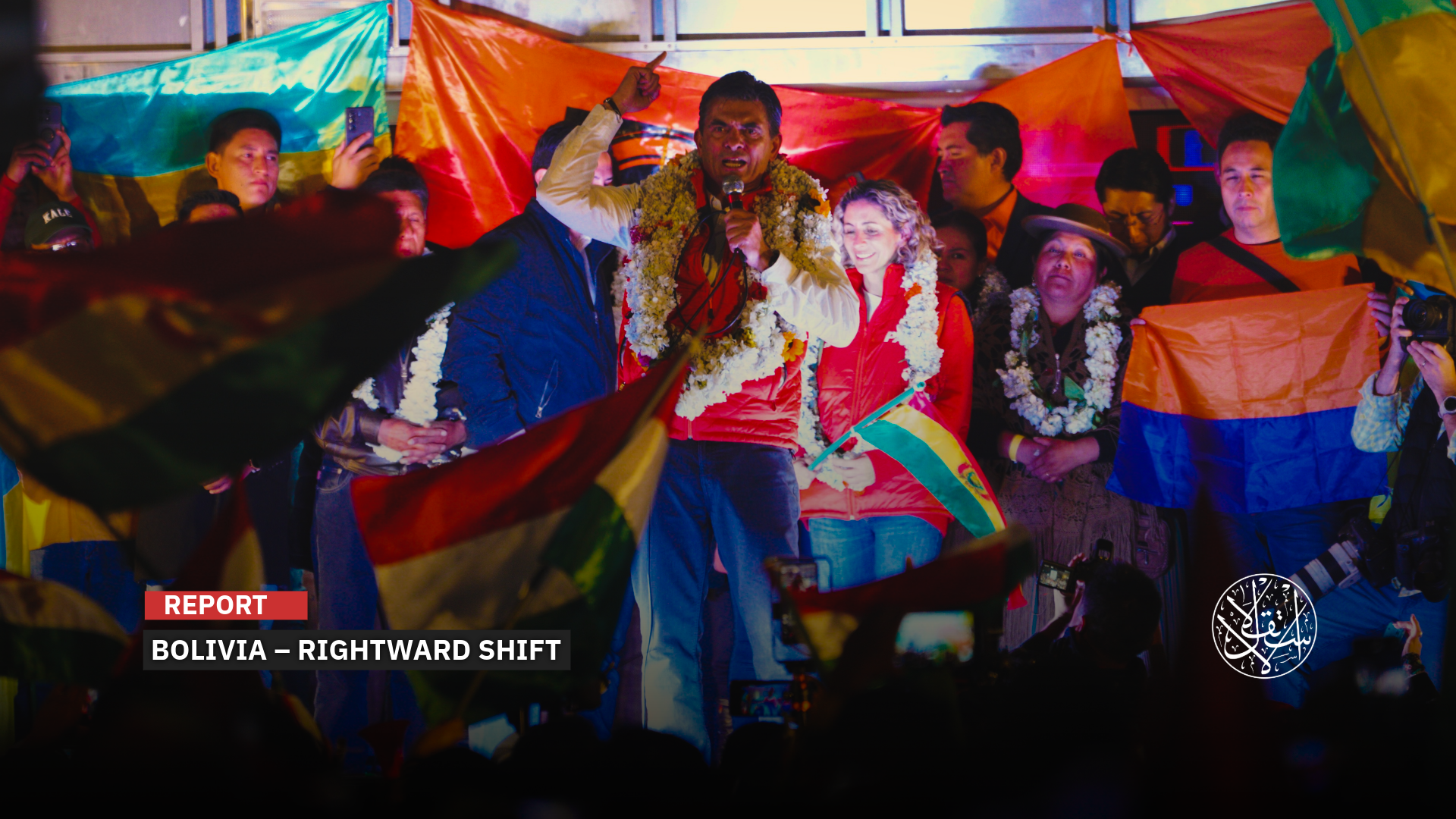
“Bolivia's worst economic crisis in a generation helped propel the end of nearly two decades of leftist rule.”
Bolivians recently elected center-right Senator Rodrigo Paz Pereira as president of a country suffering from a severe economic crisis that ultimately ended two decades of left-wing rule.
In contrast, Bolivia's ruling Movement for Socialism (MAS) party suffered its worst electoral defeat in a generation.
The recent elections were dominated by inflation, reaching its highest level in four decades, and the absence of former left-wing president Evo Morales, who was barred from running for another term.
Morales co-founded the MAS and ruled the country from his victory in the 2005 elections until 2019.
Across the continent, Latin America remains an arena of open competition between the right and the left.
While right-wing populism is on the rise in Argentina and Ecuador, other countries, such as Brazil, Chile, and Colombia, are experiencing left-wing governments facing growing challenges that require a review and modernization of rhetoric and practice.
As the region awaits a new wave of elections next year, the continent appears to be gradually shifting toward a rightward orientation closer to Washington, reshaping the political balance after two decades of Latin America's leftist dominance.
Rightward Shift
For the first time in nearly two decades, left-wing candidates were absent from Bolivia's presidential runoff, making the contest a referendum on economic performance and institutional stability in the country, which is experiencing its worst economic crisis in decades.
On October 19, the first-ever presidential runoff was held between two center-right candidates: Rodrigo Paz Pereira, 58, the center-right senator who won the first round last August, and Jorge Tuto Quiroga, 65, the far-right former president who has been leading his opponent in the polls in recent weeks.
Paz, a senator from the Christian Democratic Party, won 54.5% of the vote, ahead of Quiroga's 45.5%, ending nearly two decades of leftist rule.
However, Paz's party does not have a majority in the country's legislature, forcing him to form alliances to govern effectively.
Until recently, Paz had not been a political frontrunner. He was an obscure opposition senator, better known as the son of former President Jaime Paz Zamora, who ruled the country from 1989 to 1993.
In his first statement after the results were announced, Paz emphasized that Bolivia was gradually regaining its place on the international stage, saying: “We must open Bolivia to the world and restore its role.”
Bolivia had not been a priority for US President Donald Trump recently, but this electoral victory has suddenly propelled it to the forefront of Washington's agenda, which now views Latin America as a new testing ground for its foreign policy.
Observers believe the Trump administration will use this moment to strengthen its economic and political presence on the continent, particularly through investment, energy, and infrastructure agreements.
The Trump administration believes that strengthening its relations with friendly right-wing governments in Latin America serves broader strategic goals, including reducing illegal immigration, dismantling drug trafficking networks, and countering China's growing influence on the continent.
In its first official response, US Secretary of State Marco Rubio said in a statement that the U.S. is ready to partner with the new government in La Paz.
“After two decades of mismanagement, the election of President Paz represents a transformative opportunity for both countries,” he added.
“Israel” also welcomed Paz's election as Bolivia's new president, an event Tel Aviv sees as an opportunity for a new chapter in relations between the two countries.
Bolivia severed relations with “Israel” in November 2023, accusing it of committing crimes against humanity during its aggression against the Gaza Strip.
“Bolivia has a long history of friendship with Israel and the Jewish people,” Israeli Foreign Minister Gideon Sa'ar said in a statement on October 20.
“We look forward to opening a new page in our bilateral relations and strengthening cooperation in a wide range of areas for the benefit of both countries,” he added.
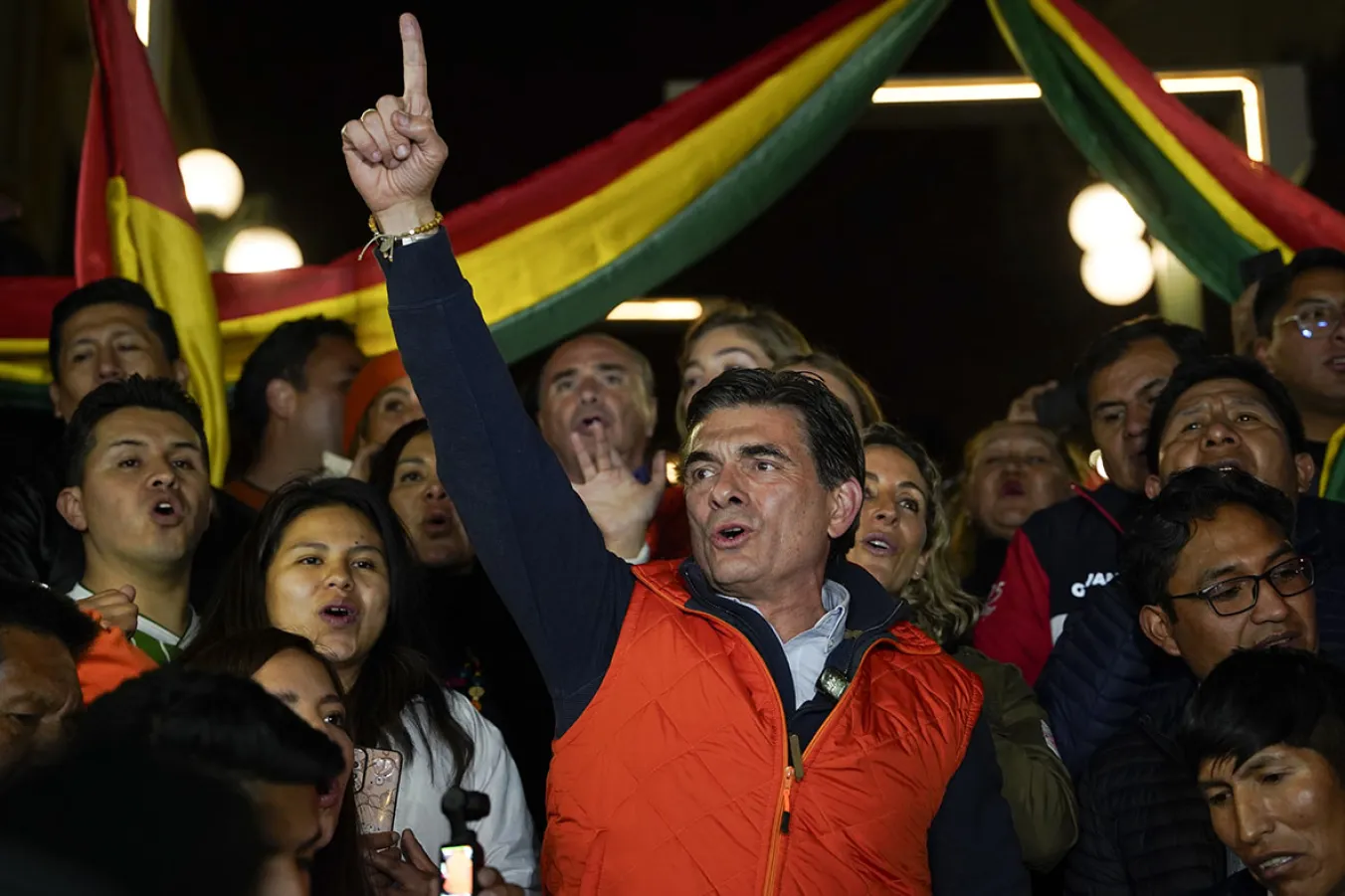
Economic Promises
Paz will assume power on November 8, succeeding outgoing President Luis Arce, who withdrew from the race after five years in office, which witnessed the country's worst economic crisis in decades.
Observers believe that Paz will seek to transform his country into a moderate capitalist state while attempting to preserve some existing social gains, after the country paid the price for failed leftist economic policies that led to a major crisis.
They predicted that Paz would reorient the country's foreign policy through greater rapprochement with the U.S., a review of existing relations with both China and Russia, and openness to international financial institutions.
However, they noted that although this anticipated shift is expected to bring funding to the Latin American country, it could also spark tension and protests from leftist labor unions, which still maintain a strong presence in society, especially those associated with the energy sector.
These unions fear a return to privatization policies and what they consider the suppression of rights.
The new president is adopting an economic program based on reducing public spending by closing state-owned enterprises and ending costly subsidies, particularly for fuel, as well as greater openness to the private sector.
He also advocates a concept of capitalism for all based on decentralization and fiscal discipline before any new debt.
Paz campaigned on a platform of reversing elements of the socialist era, while also championing gradual reform, including tax incentives for small businesses and regional fiscal autonomy.
He also promised cash handouts to the poor and other benefits to mitigate the harshest cuts, appealing to a wide range of voters across the diverse country.
In late September, Paz unveiled plans for a $1.5 billion economic cooperation agreement with US officials to ensure fuel supplies.
Economic indicators in Bolivia are troubling, with inflation running between 23% and 25%, up from 12% in January, and some Bolivians turning to cryptocurrencies as a hedge.
The country is also suffering from a severe fuel crisis following the collapse of gas exports and the depletion of hard currency reserves, along with weak economic growth of less than 2% recently.
Bolivia had experienced more than a decade of strong growth and improved conditions for indigenous people under Morales, who nationalized the gas sector and used the proceeds for social programs that halved extreme poverty.
However, limited investment in exploration has led to a decline in gas revenues, which peaked in 2013, from $6.1 billion to $1.6 billion last year.
While lithium, another major resource, remains untapped, the foreign currency needed to import fuel, wheat, and food is running out.
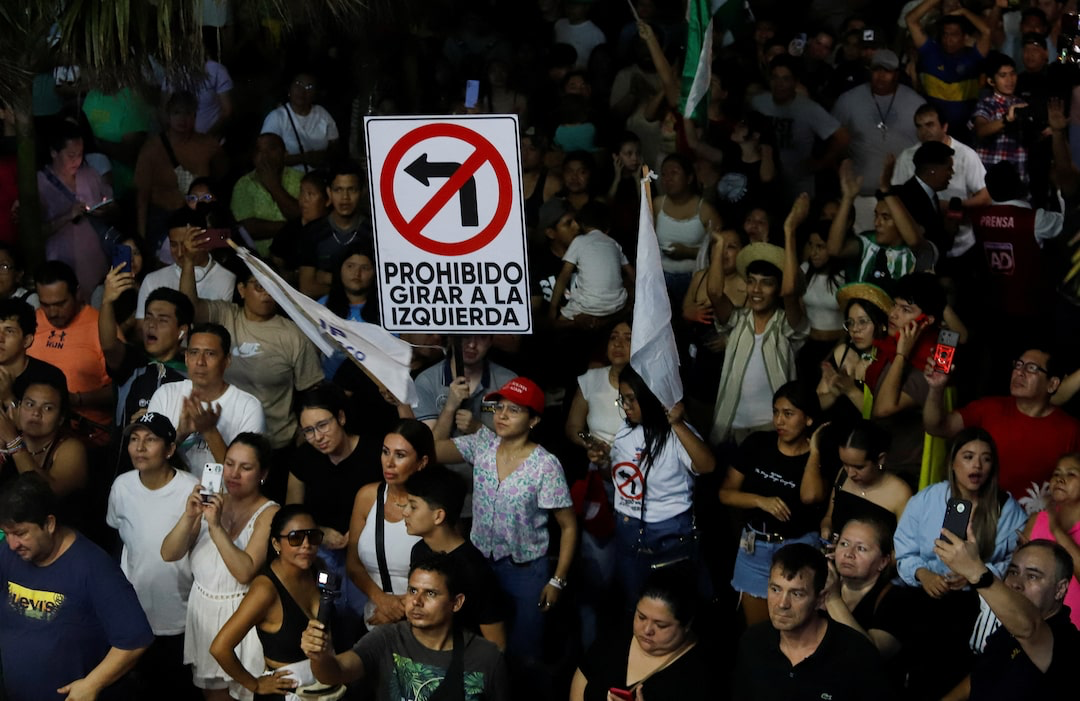
Legal Cocaine
On the other hand, Bolivia's rightward shift is expected to represent a radical change in the country's approach to coca cultivation – the plant from which cocaine is extracted, but which is widely used in Bolivia for cultural and medicinal purposes.
Observers believe this may mean a return to the war on the drug market that the country witnessed in previous decades.
They said that the issue of coca production will be a key focus of the new president's relations with Washington, given the Trump administration's adoption of a more aggressive policy in South America, including airstrikes against suspected drug-smuggling boats, particularly from Venezuela and Colombia.
Experts noted that they would not be surprised if Washington made the return of the U.S. Drug Enforcement Agency (DEA) a condition for granting the loans needed by Paz's new government.
Evo Morales expelled the DEA in 2008 after more than 30 years of work in the country.
His relationship with the coca plant even outweighed his political career, leading him to prominence as a union leader for coca farmers in the central Chapare region.
Morales has been holed up in that region since last year, surrounded by thousands of coca farmers who protect him from the execution of an arrest warrant against him for the rape of a 15-year-old girl.
The area was devoid of police or military presence for months after Morales' supporters attacked a military barracks.
Chapare is one of two major coca-growing regions in Bolivia, along with the Yungas region near La Paz.
Chewing coca leaves and using them in tea or traditional rituals is legal in the country.
It is also used for religious and cultural purposes, as a natural tonic, and as a natural anti-altitude stimulant.
Paz had previously said that Yungas coca is good, while Chapare coca is bad.
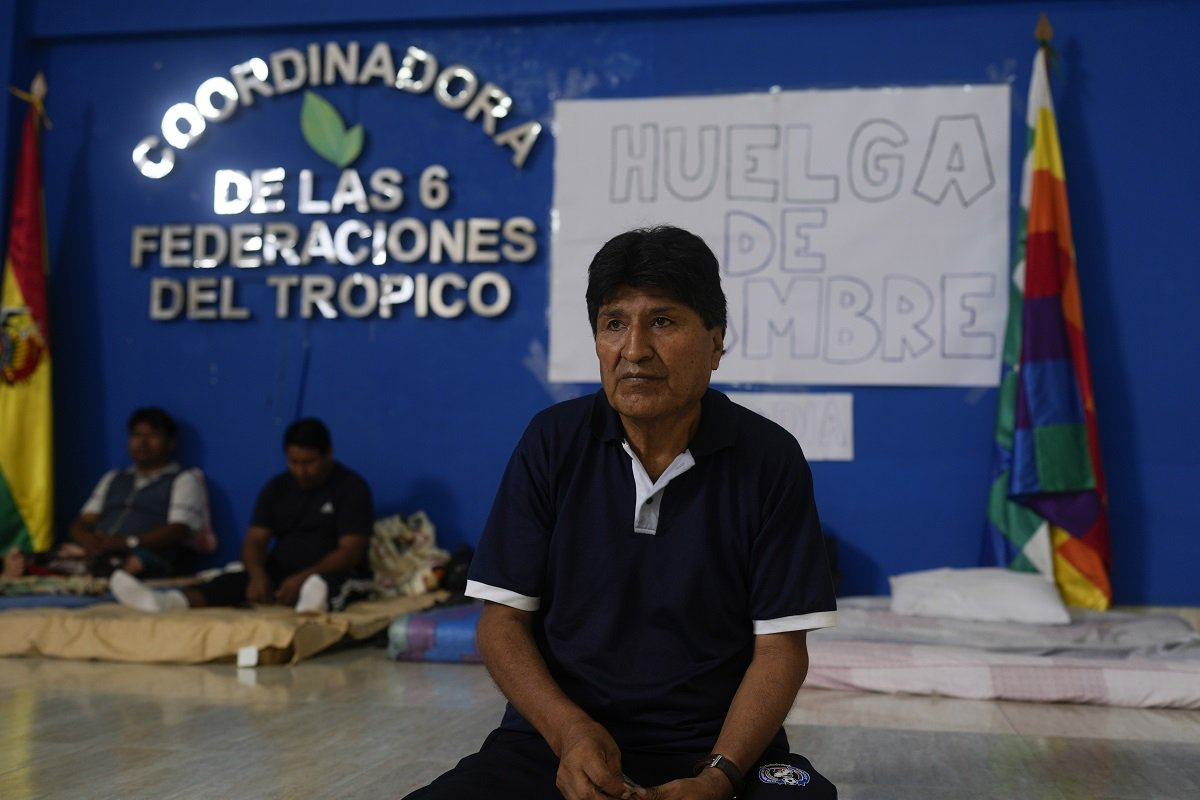
Political Realism
The Times revealed that what happened in Bolivia is not an isolated incident, but rather part of a broader pattern of political transformations in Latin America.
In recent years, economic crises and declining confidence in left-wing governments have given rise to new right-wing and populist movements embracing a more open approach to the free market and relations with Washington.
Argentina, El Salvador, and Ecuador have already provided examples of this shift with the rise of Javier Milei, Nayib Bukele, and Daniel Noboa, while Chile and Colombia are preparing for elections that could see similar results.
Bolivia is likely to be another link in a series of political shifts to the right, driven by popular retribution for left-wing governments that failed to deliver on their social promises.
Analysts have emphasized that the left's survival depends on its ability to shift from ideology to performance, and from personalization to institutions.
The left in Latin America is rooted in cultures of national liberation and social demands, but it needs transparency, competence, and a renewed discourse to counter the rise of the so-called new center, which combines economic rationality with social policy realism.
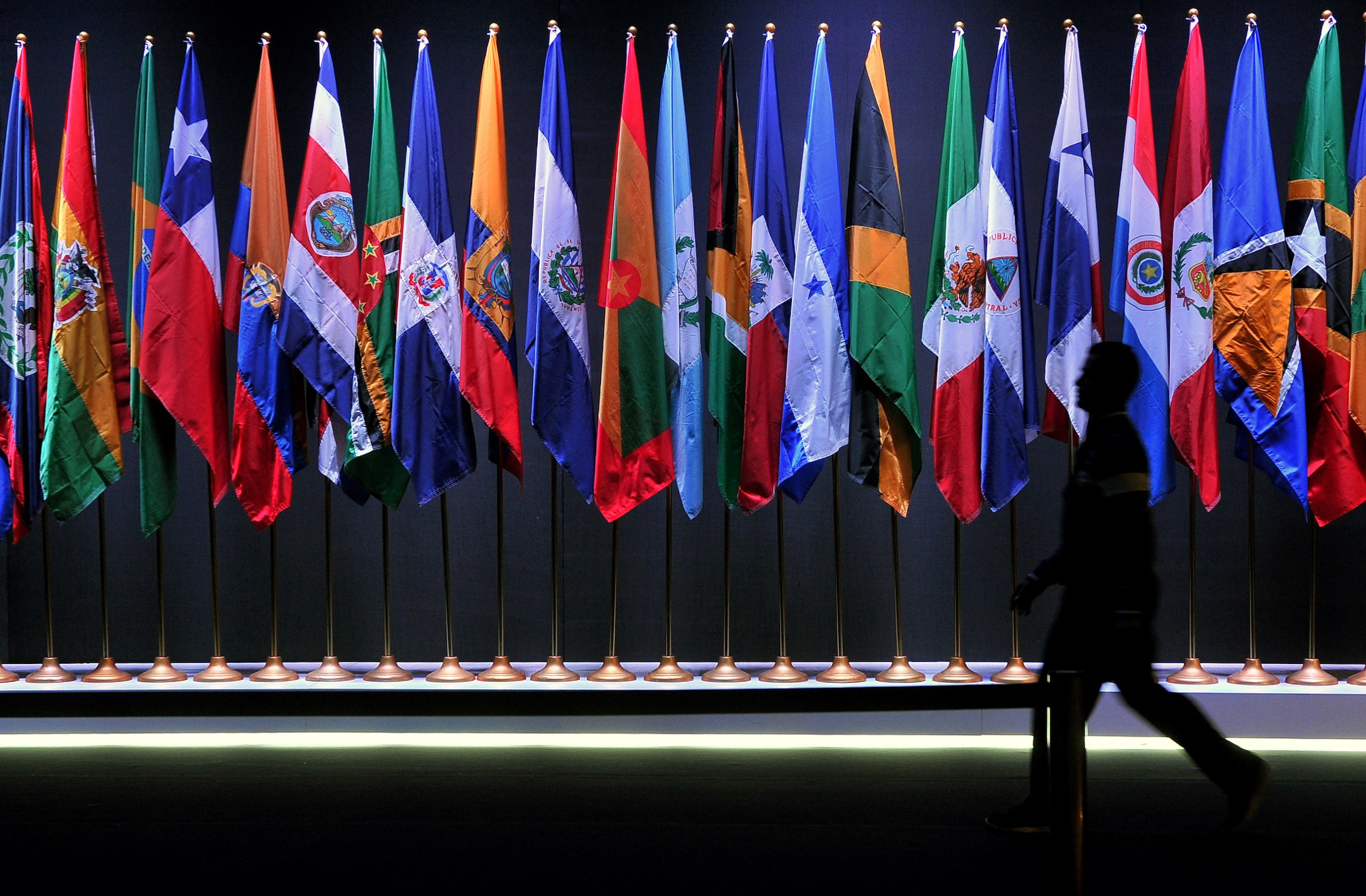
For his part, political analyst Ibrahim Khatib told Al-Estiklal that “there is something resembling a second wave of the rise of the right in Latin America, following the decline of the left-wing wave in the first decade of the current century.”
He pointed out that “the difference is that the people of the region have become more pragmatic, seeking quick economic solutions rather than identifying with ideological slogans.”
Sources
- Centrist Rodrigo Paz wins Bolivian presidency, ending nearly 20 years of leftist rule
- Rodrigo Paz wins Bolivia's presidential runoff
- Israel calls for renewed ties with Bolivia after country elects new center-right president
- After Bolivia, will more Latin America nations move towards Trump?
- Bolivia to vote in presidential runoff that will turn it to the right
- Bolivians Vote Out Socialists After Two Decades in Power



